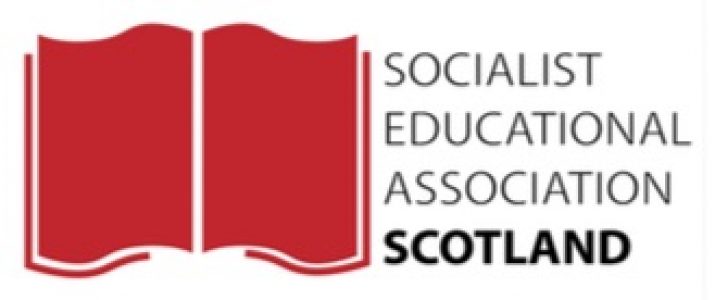
Three recent conferences considered responses in Scotland to United Nations Sustainable Goals and Conventions of Rights. In November the Melting Pot in Rose Street hosted the Rights of the Child UK Annual Conference while Edinburgh’s City Chambers held Learning for Sustainability Scotland’s exploration of how schools and communities embed the Sustainable Development Goals (SDGs) into their work. In December Glasgow’s Hilton convened the National Participation Event reflecting on human rights in Scotland after four years of the Scottish National Action Plan (SNAP).
The most notable feature across the events was the very wide range of participants from across Scotland’s civil society. Concern for human rights and improving Scotland’s response was consistently demonstrated as a passion among those joining in these events. Overall there maybe needed to be a joined up response across sustainability goals and human rights conventions within a human rights model across Scotland.
The Rights of the Child Conference had an UK focus with participants from Ireland too. This led to different perspectives and strategies on children’s rights. Presentations were academic-led in the main though Scotland’s Commissioner for Children and Young People shared his views on discussions. Many in the audience seemed unaware of concerns and recommendations from the UN for Scotland’s education system in securing inclusive education as a human right for disabled children. Overall the research base offered an update on strengths and weaknesses in Scotland’s approach to the rights of children with scope for improvement through incorporating the UNCRC into Scots law – something for Scottish Labour to consider?
The Learning for Sustainability event linked schools and communities together to focus on the Sustainable Development Goals. It was a handy introduction to the 17 SDGs and their coverage across planet, people, profit. The conference was enhanced with short snappy presentations about practical examples carrying out work with the SDGs across Scotland. Such presentations concentrated on sustainability aspects like food and environmental education. More could have been directed to SDG4 and its Equity target when discussing how Scottish education can take forward its role with SDG4 which is “ensure inclusive and equitable quality education and promote lifelong learning opportunities for all”. This was a good event for anyone wanting to get up to speed with practical ways to support sustainability through schools and communities.
The major conference event of the three would be the SNAP one in Glasgow in December. Around 150 people attended an event designed to give an overview of Scotland National Action Plan for human rights. The Chair of the Scottish Parliament’s Equality and human Rights committee spoke of the cross-party support in the Parliament then made a party political about how the UN commented on disability rights in Scotland. No questions were taken from the floor and the event was over-managed with all interactions mediated through chairs or floor observers. Even the panel discussion at the end was panel members’ observations only. However this was an over all positive event that updated those involved in what has made Scotland’s national action plan a success. Again recent criticisms from the UN were, apart from their selective positive use, ignored. The one event where questions and discussion points were permitted from participants was a Scottish Youth Parliament event during lunch where members of the Youth Parliament outlined their recent work in promoting the rights of young people through their Right Here, Right Now campaign. Young people expressed interest in the UNCRPD’s Concluding Observations and General Comment No. 4 about disabled children’s right to inclusive education. We shall see.
Taking the three events overall, there is a healthy level of participation across civil society in Scotland. This needs to be marked by recognising progress but also being aware of where there is more to do. The levels of participation have made good impact in some areas such as the engagement for the national plan. What needs to happen further would be linking SDGs within a human rights approach across Scotland and also being aware of the impact across protected characteristics to ensure that the rights of some are not neglected or marginalised.
Rights of the Child Annual conference November 2017
Taking action on the UN Sustainable Goals across communities and schools, November 2017
SNAP conference – National Participation Event, December 2017

